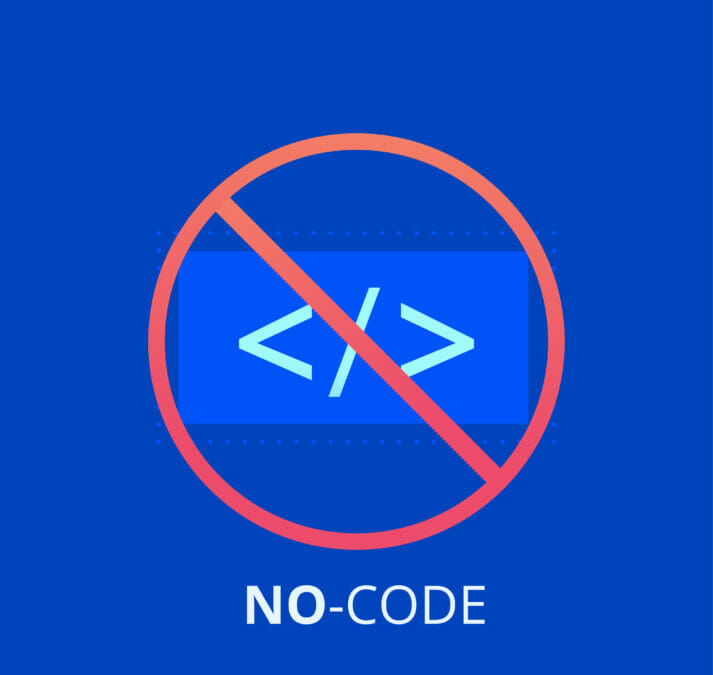Technology that makes promise of transformational change is not a new narrative. However, there are certain developments within software that are moving the needle. No code application platforms are allowing business professionals outside of IT to create applications without any knowledge of code. Understandably, this has positive implications for business’ in terms of time to value but perhaps more importantly for society as a whole.
Business resourcing
When it comes to tech assets within a business, there is constant competition between departments to prove the validity and importance of their requests over others, but often departments nearest to the budget holder tend to be favoured. On the other side of the coin, the IT team constantly faces the uphill battle of keeping an even keel of daily tasks whilst struggling to do more with less.
Revolutionary no code platforms avoid this conundrum by allowing each department to regain control. Instead of departments requesting budget or IT resource for new applications, team members are able to compose and configure their own using the no code platform. This helps create a level playing field between departments, as teams are empowered to realise their own tech delivery. This transfer of power to departmental ownership frees up the IT team to focus on higher value projects.
The role of IT teams in helping businesses thrive in today’s new normal
Funding change
Bespoke software development is inherently costly and at risk of failure. A 2017 report by the PMI claimed 43% of projects exceeded budget, while 14% outright failed.
These shortfalls can create competitive disparity, where larger corporations have the ability to utilise bespoke software at ease, while smaller businesses succumb to off the shelf solutions due to budgetary constraints – often meaning the Goliath’s have the competitive edge over the David’s.
No code restores the balance as it enables businesses and organisations of all sizes to access tailored software that suits their needs. Also, the rapid time to value provided means that applications can be live within 24 hours, and the flexibility of the platform is perfect for scaleups whose tech processes may still be evolving. These factors help smaller businesses to succeed.
Societal shift
The tech sector has long been governed by a certain subset of society and has lacked diversity. According to Diversity in Tech, 15% of the tech workforce are from BAME backgrounds and gender diversity is at 19%, compared to 49% for all other jobs within the UK. Considering the tech industry is growing almost three times as rapidly as the rest of the UK economy, tech and software development is a lucratively paid and in demand industry for those with the skills. However, there is no doubt it’s exclusionary.
While this is a recognised issue many are keen to rectify, movement towards change is slow on the uptake. Socioeconomic dynamics mean privileged groups prevail. Change must happen at grassroots level. If children don’t have access to devices at home, attend schools with archaic software and hardware, or aren’t equipped with a support mechanism or role models, they will find themselves on the back foot for a career in tech. Roles such as software development take time to train and prepare for, meaning they can be hard to break into without background experience. Also, the lack of gender diverse and BAME role models within the tech industry perpetuates this imbalance.
However, the nature of no code software enables individuals without prior technical knowledge to write their own applications. This bridges a divide allowing the fundamentals of system design to be gently introduced to learners in a simple format. With tech barriers removed, individuals can focus on creating roadmaps, system structures, and other aspects of software such as compliance and security. This encourages more roles in tech, shortens the knowledge process, and opens up new pathways into the sector. Importantly, as tech skills grow outside of the IT department, employees can upskill in their current roles and benefit in pay increases without having to switch companies.
Women in IT Global Summit: Jumping the big tech hurdles
The change needed
What really sets no code apart is the transformative power that is applied across any business structure. By facilitating departments to be self-sufficient, and allowing for scalable pricing models, no code can help smaller businesses to compete against established ones on an even playing field. And hopefully, as the application of no code continues to increase, it will encourage equality at a societal level too.











